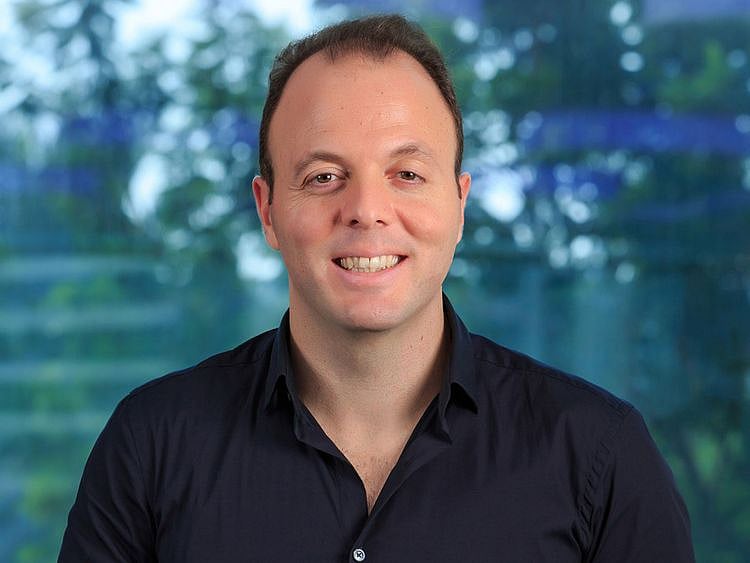Microsoft’s new accessibility commitment, and what it will mean for the UAE workplace
Microsoft UAE’s Ihsan Anabtawi, explains the company’s philosophy on inclusion

More than 1 billion people live with a disability and yet they remain one of the world’s largest untapped talent pools. Research suggests the cost of workforce exclusion among people with disabilities can represent as much as 7% of GDP in some countries. But some are starting to take notice. ‘The Valuable 500’ disability inclusivity and accessibility tracker revealed that 39% of companies are now more aware than ever of the issues – mostly due to COVID-related lessons – and many are taking action.
Others have been working on accessibility for years. Ihsan Anabtawi is COO and CMO at Microsoft UAE. The company has spoken out on the issue many times, while infusing features into its products and platforms designed to make life easier for those with disabilities.
“Microsoft has been working on accessibility and societal inclusion for more than 25 years,” he said.
The next phase of Microsoft’s accessibility journey is a recently announced five-year programme to help bridge the “Disability Divide” and create broader opportunities for people with special needs. The initiative will spur development of more accessible technology across the industry and wider economy and create more work opportunities for people with disabilities. The commitment extends to the workplace itself, which Microsoft aims to make more inclusive.
“We believe accessible technology will be a fundamental building block that can unlock opportunities for people with special needs in the new normal,” said Anabtawi. “Our work starts by ensuring that Microsoft’s own products are accessible by design. New features in Microsoft 365 will enable the creation and sharing of documents in accessible ways using AI and other innovative technologies.”
New features include an Office accessibility checker, AI in Word that converts text for low-vision readers, an Excel navigation pane for object discovery, and an expansion of Immersive Reader. Microsoft Teams, meanwhile, will be used to expand remote working. In the UAE, Zayed Higher Organisation for People of Determination (ZHO) partnered with Microsoft to adopt Teams as its unified communications platform.
“Our main objective with this commitment is to accelerate the development of more accessible technology across organisations globally,” Anabtawi added. “We are creating an environment that not only attracts more people with disabilities, but also empowers them to implement an ‘accessibility by design’ philosophy in our tools and services.”
According to Anabtawi, Microsoft has gathered insights through its global skills initiative into the practical obstacles that people confront, and plans to integrate relevant solutions into its skilling resources, including LinkedIn, Microsoft Learn and GitHub.
Sign up for the Daily Briefing
Get the latest news and updates straight to your inbox
Network Links
GN StoreDownload our app
© Al Nisr Publishing LLC 2026. All rights reserved.